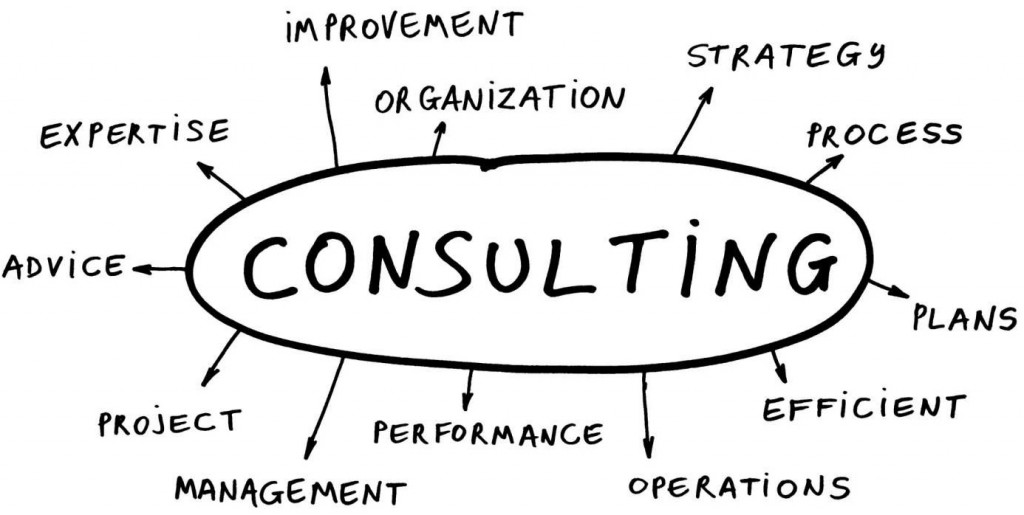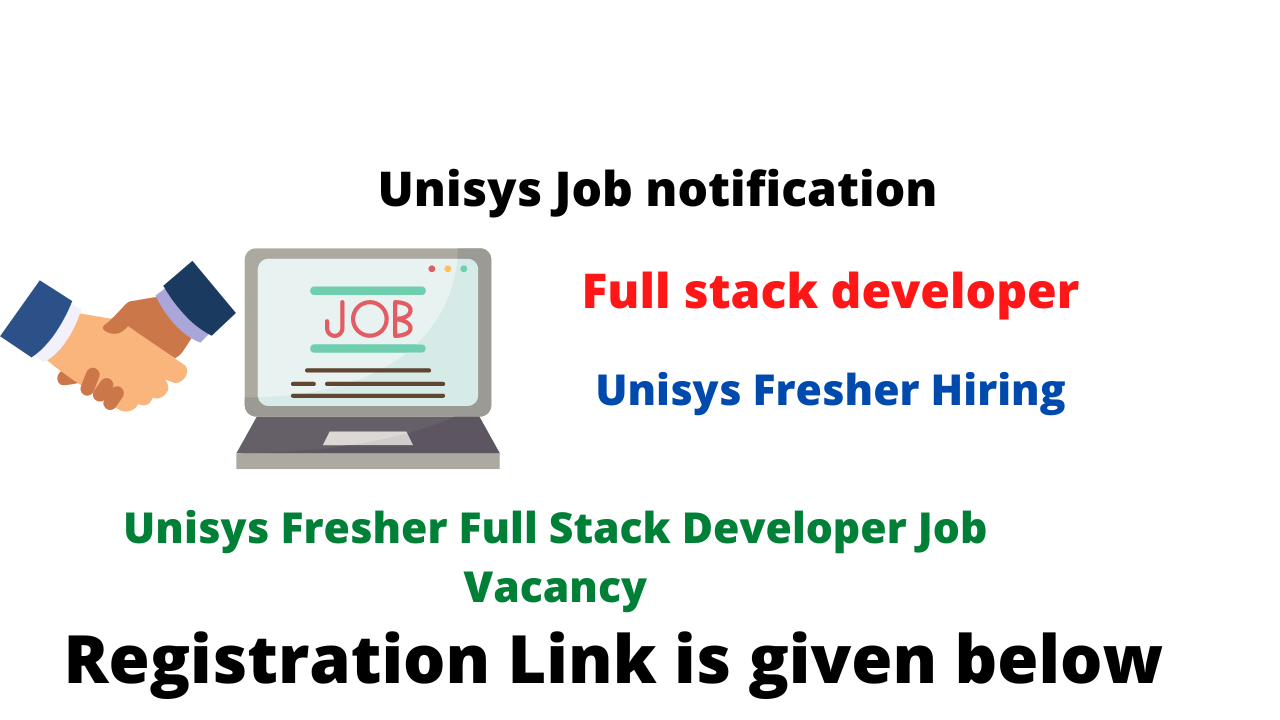
A supply management consultant is an expert in supply chains. He or she is an expert in supply chain management and can assist with the establishment of your company's supply network. A skilled consultant in manufacturing must have a solid understanding of the business and be able to explain it clearly. This will allow them a more pragmatic approach to the requirements of your project.
Career path
If you have a keen interest in how the supply chain works, you may be interested in a career as a supply chain consultant. This role requires you to identify areas that require changes and then assist in implementing them. This role requires considerable analytical work. Supply chain consultants must have extensive knowledge about different systems and advanced tools.
As consultants assist clients in meeting their customer service promises, maximizing their profits and creating a career in supply chain management, a career as a supply chain consultant can be rewarding and very exciting. But it is important to know that it is not the first career choice for every young professional. This job involves a lot of analysis, and can have a direct effect on a company’s operations.

A supply chain consultant can be self-employed or work for consulting firms or business-to-business service providers. Some accounting firms also offer consulting. Online job postings for supply-chain consultants are readily available. In the right time supply chain consultants may be able to move up to more senior positions and earn higher salaries. Senior consulting positions are not common.
Education requirements
A supply chain consultant's education requirements are different. But, in general, candidates should have a bachelor’s degree. Most colleges offer a business major. Some colleges even have specialized supply chain management programs. Candidates can also specialize within a specific industry, such manufacturing, transportation, and government projects.
Sometimes supply chain consultants work together with production and procurement managers. They need to be able to motivate and work together to achieve common goals. Developing leadership skills is an advantage as this role involves leading a team. These skills will help you in managing projects and teams.
Supply chain consultants are available to help clients improve their logistics system. They assist management teams in identifying problems and finding solutions. They consult with clients and help them evaluate their current processes to suggest alternatives. They must have excellent analytical skills and strong interpersonal skills to do this.

Salary
A supply chain consultant is responsible for coordinating logistics between multiple centers in the United States and abroad. The average salary for this role is $60,146 per annum, although the range can be as high as $31,000 to $89,000. They manage the purchasing department for a company. Once in place, they negotiate contracts and manage suppliers.
There are many factors that determine the salary of a supply-chain consultant. Based on education and experience, the average salary of a supply-chain consultant will differ depending on their location. Salary information found on salary comparison sites is not always accurate. Salary figures on salary comparison websites should not be compared with actual salaries.
Supply chain consultants can be classified in many different jobs. You can be a purchasing manager in a supply chain or you may be a separate job. These professionals are responsible for managing the purchasing policies of a company. Their job is to maximize profits and help companies achieve their goals. The Purchasing Assistant is another important position within the supply chains. They are responsible for all administrative aspects of purchasing, including follow up with suppliers. They work in collaboration with the Supply Manager and Operations Buyer to manage the procurement process. They may also be able to collaborate with the Transportation & Logistics Buyer. The buyer specializes is the negotiation of transport equipment and storage.
FAQ
Which industries employ consultants
There are many types of consultants. Some consultants are focused on a specific type of business, others may specialize in multiple areas.
Some consultants are limited to working for private corporations, while others can represent large corporations.
Many consultants also work internationally to assist companies from all corners of the globe.
How do I choose a good consultant?
There are three main things to keep in mind:
-
Experience - How skilled is the consultant? Are you a beginner or an expert? Does her resume reflect the knowledge and skills she has?
-
Education - What did he/she learn in school? Did he/she go on to further education after graduation? Is there evidence that he/she learned from the writing style?
-
Personality - How do we feel about this person? Would we hire him/her to be our employee?
-
These questions are used to determine if the candidate is right for us. If you do not have the answer, it is worth interviewing the candidate to find out more.
What type of jobs can a consultant do?
Consultant work requires a deep understanding of business strategy, operations, and other aspects. Understanding how businesses work and their place in society is also essential.
Consultant work requires excellent communication skills and the ability to think critically.
Consultants must be adaptable because they may be asked to do different tasks at different times. They must be able and willing to adapt quickly to changes in direction.
They should be prepared to travel extensively in support of their clients. This type of work can take them all over the world.
They also need to be able to handle pressure and stress well. Consultants may need to meet strict deadlines.
As a consultant, you may be expected to work long hours. This can mean you might not always receive overtime compensation.
Why would a company employ a consultant to help them?
Consulting provides expert advice about how to improve your business performance. Consultants are not there to help you sell products.
Consulting helps companies make better decisions. They provide sound analysis and offer suggestions for improvement.
Consultants often work closely alongside senior management teams to help understand what they need to succeed.
They offer leadership coaching and training to help employees reach their full potential.
They might advise businesses on how to reduce costs, streamline processes, or increase efficiency.
Statistics
- 67% of consultants start their consulting businesses after quitting their jobs, while 33% start while they're still at their jobs. (consultingsuccess.com)
- Over 62% of consultants were dissatisfied with their former jobs before starting their consulting business. (consultingsuccess.com)
- My 10 years of experience and 6-step program have helped over 20 clients boost their sales by an average of 33% in 6 months. (consultingsuccess.com)
- "From there, I told them my rates were going up 25%, this is the new hourly rate, and every single one of them said 'done, fine.' (nerdwallet.com)
- Over 50% of consultants get their first consulting client through a referral from their network. (consultingsuccess.com)
External Links
How To
How to find the best consultant
When searching for a consultant, the first thing you should do is ask yourself what your expectations are. Before you begin looking for a consultant, it is important to know what your expectations are. It is important to make a list with all the requirements you have for a consultant. These could include professional expertise, technical skills and project management abilities, communication skills, availability, and other things. After you have outlined your requirements, you might want to ask friends and colleagues for recommendations. Ask them about their experiences with consultants and compare their recommendations to yours. Do some internet research if they don't have recommendations. There are many websites, such as LinkedIn, Facebook, Angie's List, Indeed, etc., where people post reviews of their previous work experiences. Take a look at comments and ratings from others, and use that data to find potential candidates. Once you have narrowed down your list, reach out to potential candidates and set up an interview. Talking through your requirements during the interview is a good idea. Ask them questions about how they can assist you in achieving those goals. It doesn’t matter who recommended them to you, just make sure they understand what you are trying to achieve and how they can help.